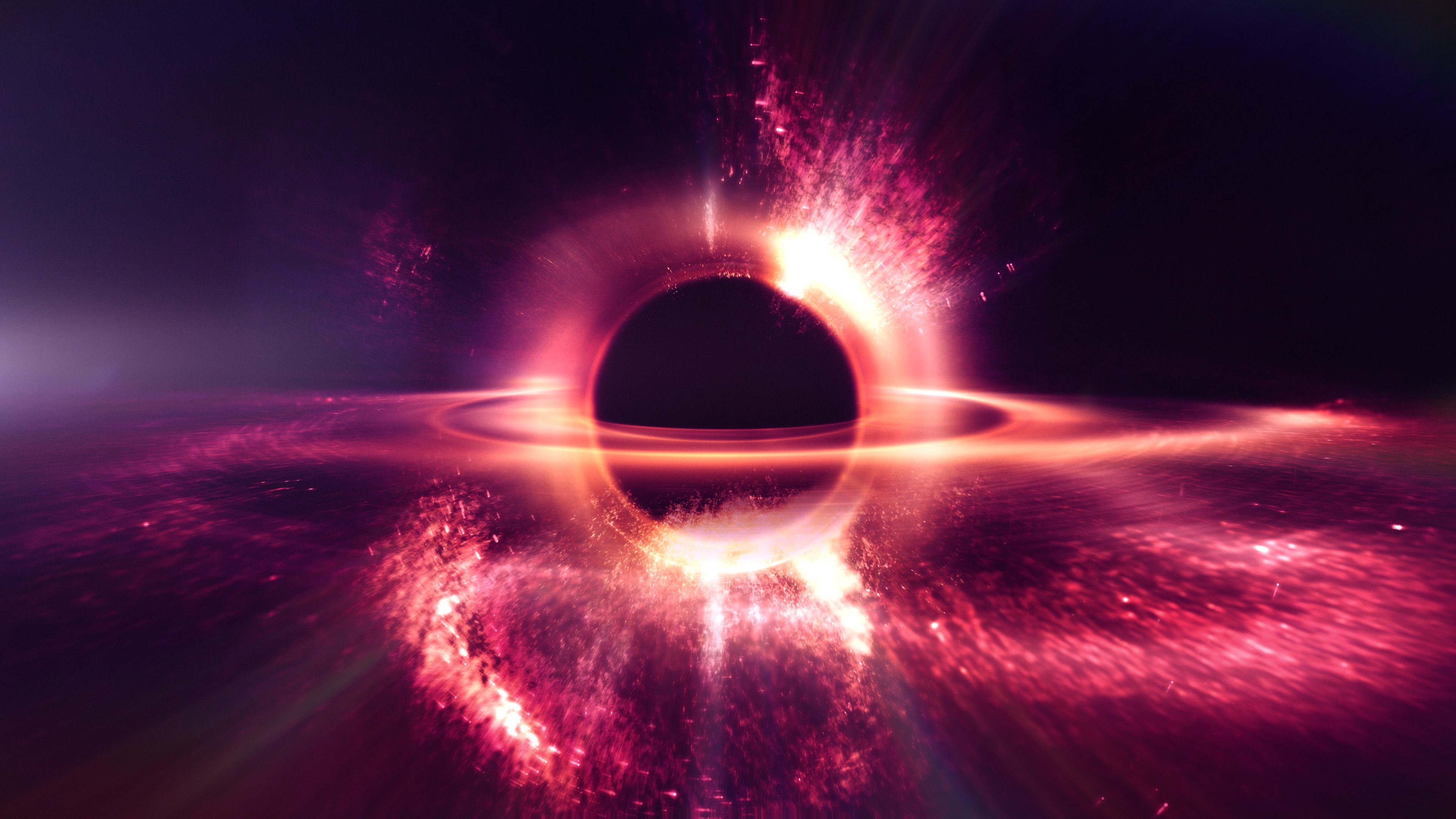Cosmology
Latest about Cosmology
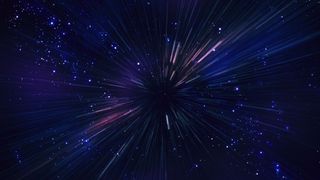
Universe may revolve once every 500 billion years — and that could solve a problem that threatened to break cosmology
By Elana Spivack published
A slowly spinning universe could resolve a puzzle in physics known as the Hubble tension, a new model suggests.
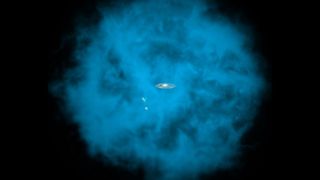
The universe's 'missing matter' may have finally been found
By Joanna Thompson published
About half of the non-dark matter in the universe cannot be accounted for by stars and galaxies alone. Now, scientists say previously undetected clouds of hydrogen gas could finally reveal it.
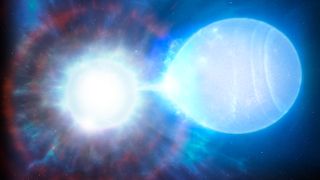
Rare quadruple supernova on our 'cosmic doorstep' will shine brighter than the moon when it blows up in 23 billion years
By Harry Baker published
A pair of white dwarfs, located just 150 light-years from Earth, appears doomed to die in a type 1a supernova that will shine brighter than anything currently visible in the night sky. But humanity — and our planet — will be long gone before this happens.

Scientists discover smallest galaxy ever seen: 'It's like having a perfectly functional human being that's the size of a grain of rice'
By Robert Lea published
Astronomers have discovered the smallest dwarf galaxy ever seen. It is a mystery how the satellite galaxy of Andromeda survived the blistering conditions of the early universe.
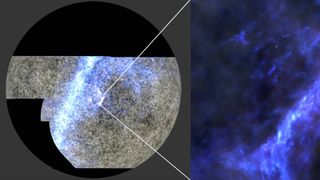
Atacama Telescope reveals earliest-ever 'baby pictures' of the universe: 'We can see right back through cosmic history'
By Sharmila Kuthunur published
New observations with the Atacama Cosmology Telescope in Chile reveal the earliest-ever "baby pictures" of our universe, showing some of the oldest light we can possibly see.
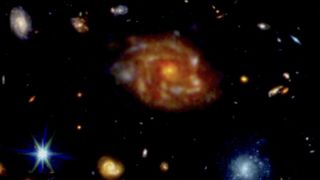
'We had less than a 2% chance to find this': James Webb telescope uncovers baffling 'Big Wheel', one of the most massive galaxies in the early universe
By Themiya Nanayakkara published
Astronomers using the James Webb Space Telescope have discovered an object they've dubbed 'Big Wheel,' a gargantuan galaxy spinning through the early universe and growing larger by the second.
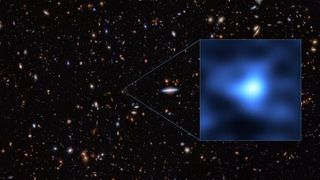
'I was astonished': Ancient galaxy discovered by James Webb telescope contains the oldest oxygen scientists have ever seen
By Ben Turner published
Scientists have made the record-breaking detection of oxygen in an ancient galaxy that existed just 300 million years after the Big Bang. The detection is prompting astronomers to rethink how quickly stars and galaxies formed in the young universe.
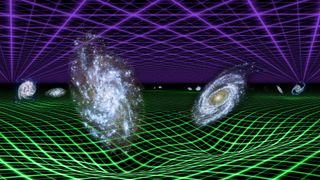
Could the universe ever stop expanding? New theory proposes a cosmic 'off switch'
By Paul Sutter published
Dark energy, the mysterious phenomenon that powers the expansion of the universe, may undergo periodic 'violent transitions' that reverse the growth of the cosmos, a new pre-print study hints.
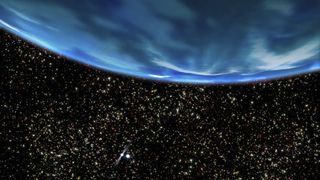
The universe's water is billions of years older than scientists thought — and may be nearly as old as the Big Bang itself
By Joanna Thompson published
A new study suggests that water first appeared in the universe just a couple hundred million years after the Big Bang — meaning life could have evolved billions of years earlier than previously thought.
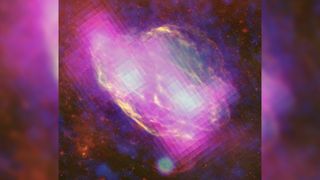
Most powerful cosmic rays in the universe start shockingly close to Earth, paper claims
By Paul Sutter published
The most powerful cosmic rays in the universe currently have no explanation. New research suggests that exotic, self-annihilating particles in our own galaxy may hold the answer.
Get the world’s most fascinating discoveries delivered straight to your inbox.
 Live Science Plus
Live Science Plus





